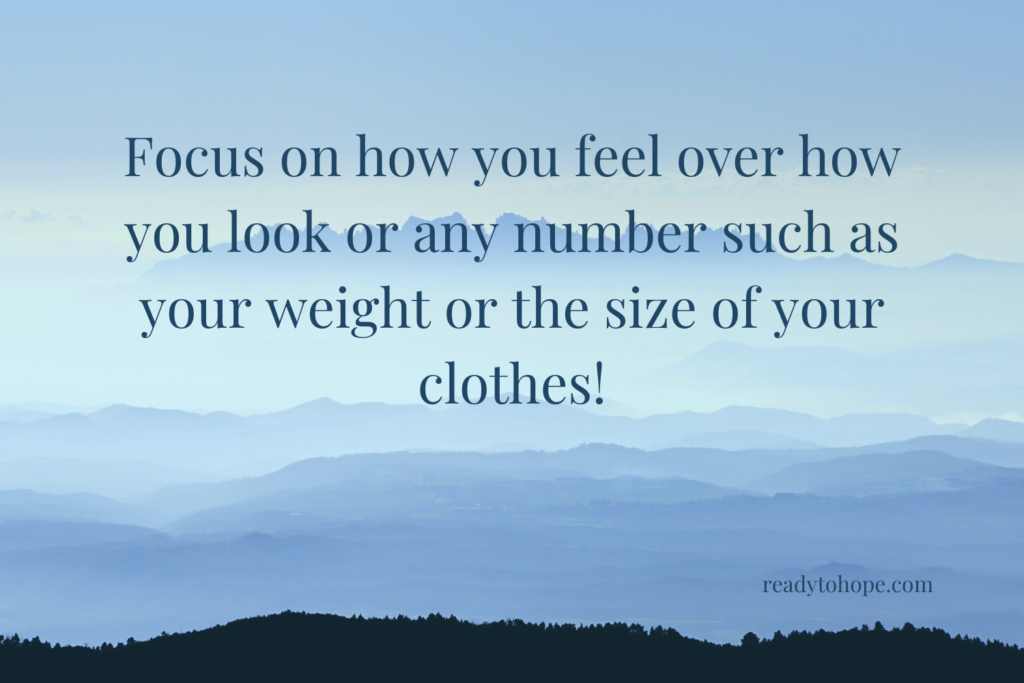Body Image and Upbringing

We are spending a few weeks talking about body image and how to cultivate the messaging and how you approach caring for your body in ways that will serve your mental wellness and even overall happiness.
Last week we looked at social media and body image, and this week we will turn to upbringing and body image.
Before we dive in, let’s get clear on what we mean by upbringing. You can think of your upbringing as the sum total of the experiences, messages, and environments you encountered during childhood and adolescence. And for all of us, your upbringing sets the stage for so much of how you approach the world, including how you perceive and value your body.

So today we’ll simply explore some of the key factors in how one’s upbringing can influence your body image and approach to how you care for your body.
Family environment and parental influence
What you observed
Children often learn by observing their parents or primary caregivers. If parents demonstrate a healthy attitude toward food, exercise, and body image, children are more likely to develop a positive body image. Conversely, if parents are overly critical of their own or others’ appearances, children might internalize those attitudes.

Verbal and nonverbal communication
Comments about weight, body shape, or eating habits made by family members can have a lasting impact. You may have heard a parent talk about needing to lose weight or go on a diet, or expressing the idea that there is a body ideal by commenting on bodies- yours, theirs, or others’.
Family practices around food and exercise
How a family approaches nutrition and physical activity can also influence body image. Emphasizing a balanced approach to exercise or approaching exercise as a way to feel healthy and strong over feeling skinny may have helped you develop a positive attitude about how you move your body. Additionally, being taught that food is fuel and about the role of different nutrients in how they support your energy and overall health, versus focusing on foods that help or hinder achieving an ideal weight, all contribute to a positive body image.
There are obviously so many more examples of how your family environment can shape your body image and how you approach your self-care, but these can help you get the idea!
Influences outside the home
Coaches and teachers
Coaches, especially at a higher competition level, can help or hinder body image with their messaging and approach. Much like the messages you heard from your parents, if a coach placed more emphasis on how you can be fueled and strong for your sport, over any ideal body shape or size, you will be more likely to internalize a positive approach to your body care.

Peers and friends
What’s so interesting about how your peers and friends influence your body image is that their messages may come directly from their home life! So, even if you have a nurturing and positive home where your body care is concerned, you may find yourself hearing more negative messaging. This is why it can be so important to truly learn to decide what you will take in and internalize, and who gets to have an influence on how you approach your self-care!
So what’s the goal and what do we do with all this?
We are going to talk about this more in the weeks to come, but the bottom line is: it isn’t always easy to grow up in this world and try to have a positive body image and healthy and nurturing self-care!
One tip we love is to focus on how you feel over how you look or any number such as your weight or the size of your clothes.
Remember: your body is the vehicle that carries you through this life. You certainly should want it to be healthy and strong, but aside from functioning well, it is so much less important than how you treat others, how you live out your gifts and abilities, and how you build relationships!

And a final word we want to be sure to share with you:
If you or someone you know is struggling with body image issues, it may be helpful to speak with a trusted professional or counselor who can provide guidance and support.
We can help connect you with someone who can help you, so please never hesitate to reach out!



